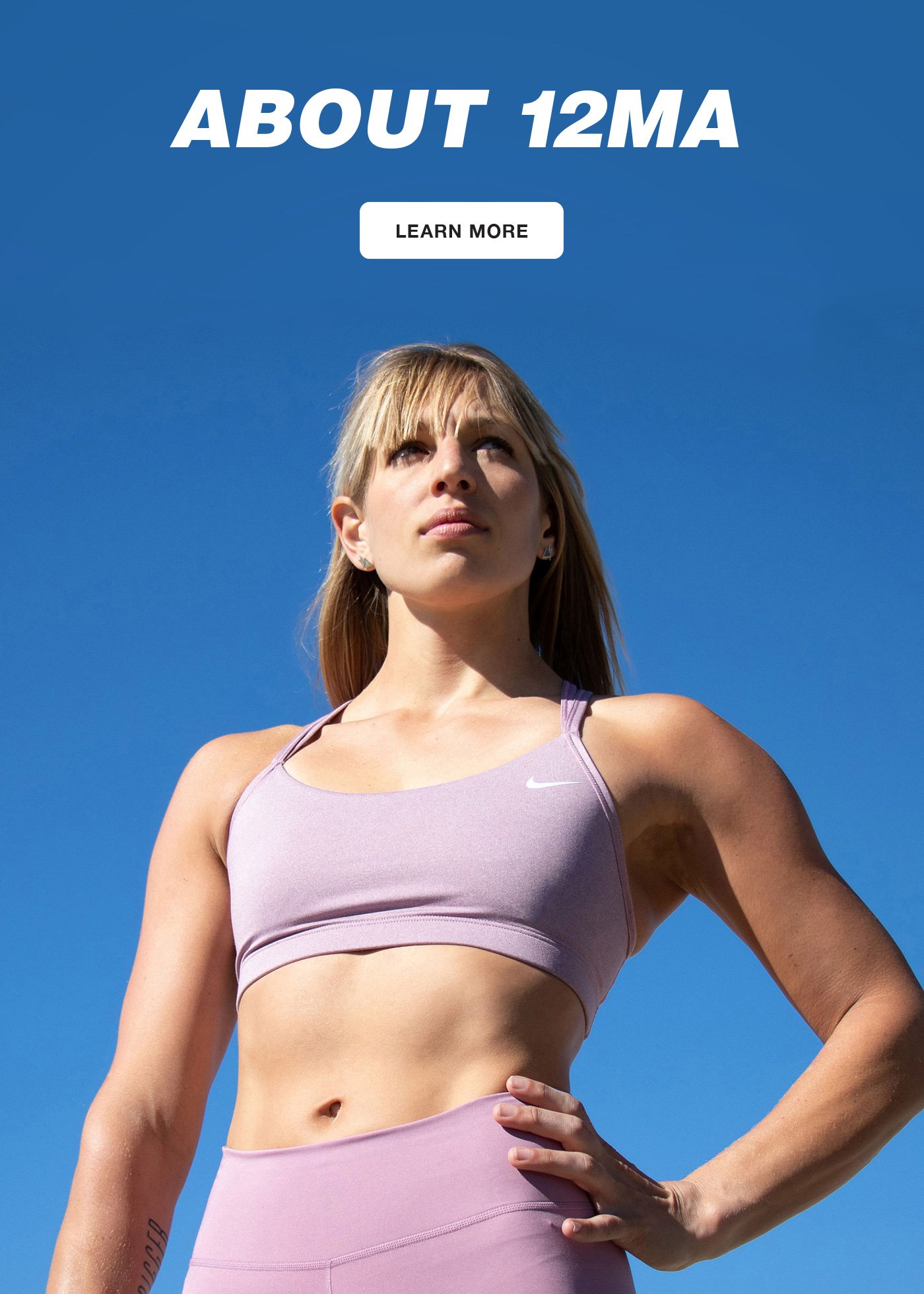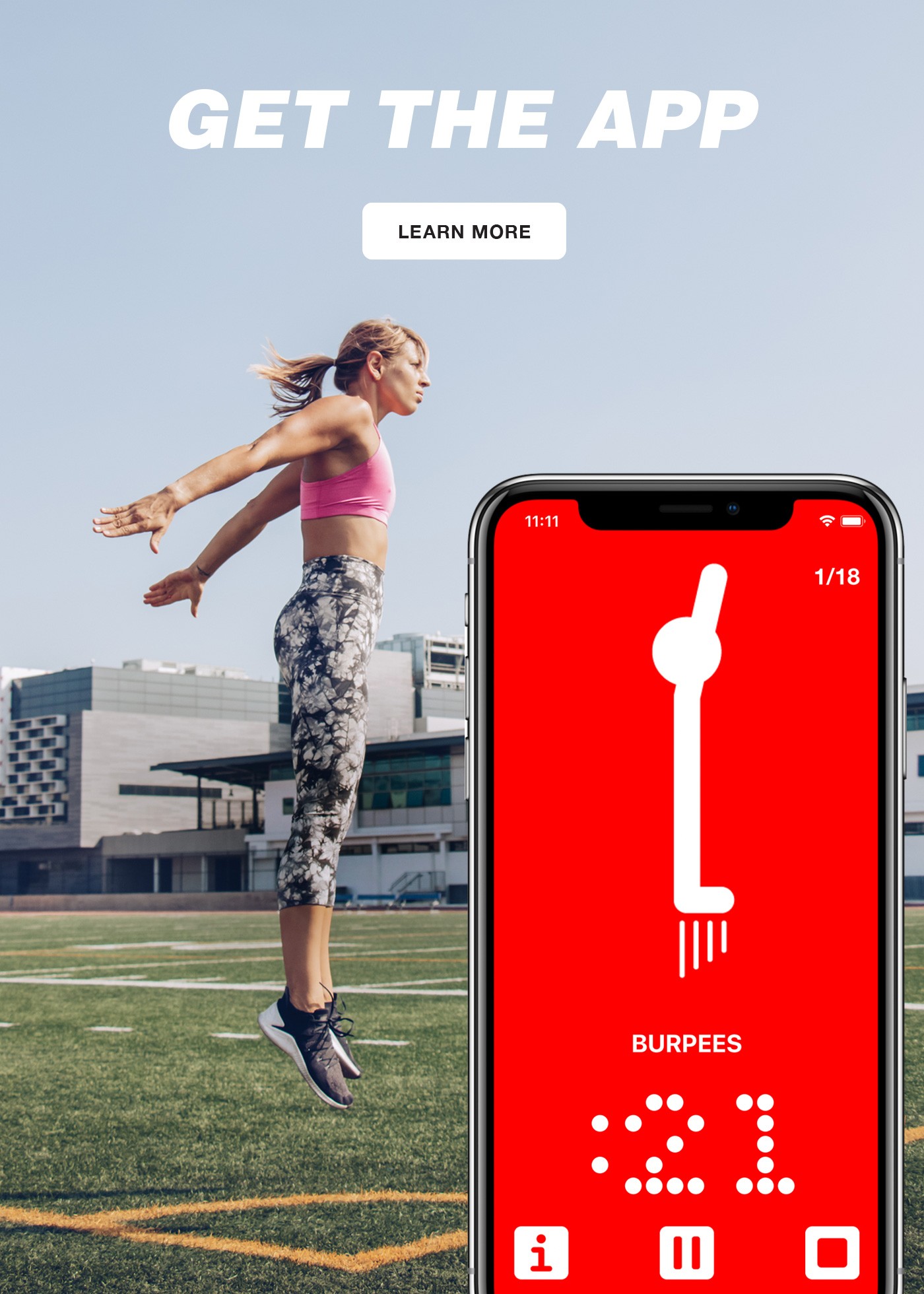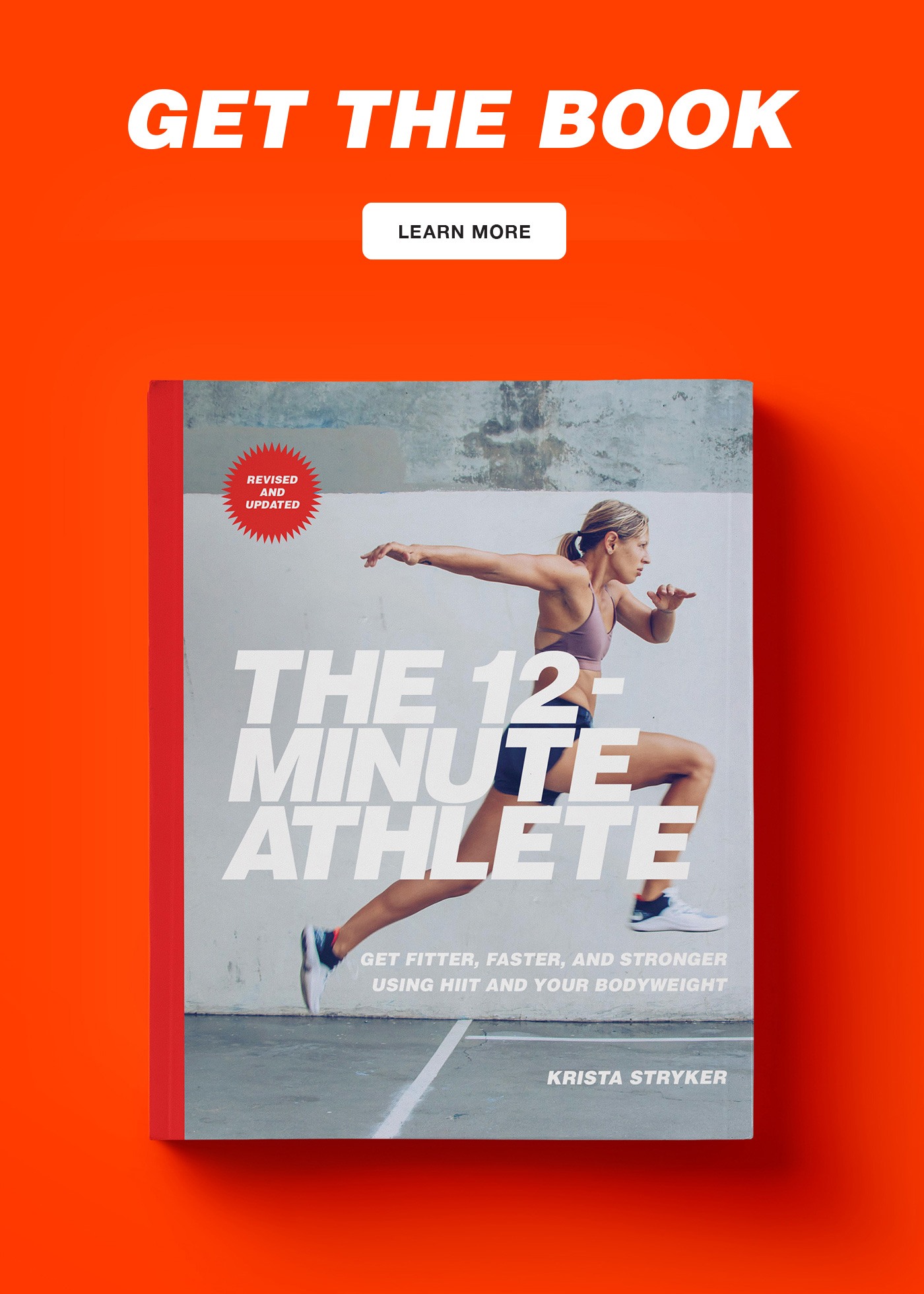I don’t know about you, but sometimes I look at my cat with envy. He sleeps most of the day, usually in some sunny, warm and cozy spot, and even when I wake him, he seems happy, rested and content—very rarely stressed and grumpy.
Yet no matter how tired I am during the day, whether from lack of sleep, too much stress, or overworked muscles, my first inclination is always to try and find a way to wake myself up more—never to actually rest or take a nap.
And in my 26 and 3/4 years of observing human behavior, I’ve come to the conclusion that I’m not alone here. Most people, when they’re tired, reach for a cup of coffee, an energy drink or even a caffeine pill—rarely, if ever, do they actually consider taking a nap.
While I’m not big on using caffeine as a remedy (for some reason, it doesn’t really have an effect on me), I completely understand why people would reach for stimulants instead of listen to their body and sleep. Usually, this comes down to the logistics of napping. If you have a full time 9 to 5 job, are a new parent, or just have a lot going on in your life, it can be pretty difficult to find the time and a place to nap during the day.
But for the most part, the lack of naps also comes down to one, silly but completely normal human characteristic—guilt.
Most people experience a wave of guilt at the very thought of taking a nap during the day. They feel like it’s a waste of time. Like they could be doing something productive instead. Like other people will judge them for it.
And no, I am not unfamiliar with these emotions. Because I’m lucky to be able to work from home, I have more chances (logistically, at least) to nap than a lot of people—but truthfully, that makes me actually nap less, because of these same feelings of guilt. I don’t want to be the entrepreneur who is constantly at home taking naps. I want to create something. To help others change their lives for the better. To do something awesome!
Yet it’s time that we got rid of our judgmental notions of the nap—because the truth is that taking a nap does not make you a worthless, unproductive, lazy person.
And luckily for us, that doesn’t mean we’ll be sleeping the entire day away.
The power of the 20 minute nap
We’ve all had those times where we’ve laid down for a nap and woke up three hours later, confused and disoriented. But not only are long naps not very practical, they’re also not necessary.
Because all you really need is 20 minutes of sleep.
In fact, studies have shown that taking a 20 minute nap eight hours or so after you wake up can boost your stamina more than sleeping an extra 20 minutes in the morning.
Because 20 minutes is all it takes to reach Stage 2 sleep, which will give you a boost of energy and extra stamina when you need it most (unlike Stage 3 sleep, which gets you into Slow Wave Sleep and will leave you feeling groggy).
And if you don’t even have 20 minutes, not to worry—research shows that power naps of less than 30 minutes—even those as brief as 6 and 10 minutes—can restore wakefulness and promote performance and learning.
Here’s what else napping can do for you:
It increases alertness.
When you feel like your eyelids are so heavy you can’t keep them open, a nap is your best bet.
Studies have found that a 20 minute nap is more effective than 200 mg of caffeine or even exercise. They’ve also shown that pilots who are allowed to take a short nap nodded off five times less than those who weren’t allowed to nap, and resulted in less errors during takeoffs and landings.
Plus, there’s ample evidence that shows that if you break your day up with a nap, you’ll be just as alert in the second half of your day as you were in the first half. And napping may even make your creative juices flow better!
It improves learning and working memory.
Sleeping during the day not only makes you feel more alert, it also actually increases your working memory and ability to learn.
This means that when you’re involved in a complex task where you have to pay attention to one thing while holding a bunch of other things in your memory, you’ll be much more successful than if you were nap-deprived.
Napping also helps you learn easier, as well as improves your memory retention, since when you sleep recent memories are transferred to the neocortex, the part of the brain where long-term memories are stored.
It prevents burnout.
I know, I know, when your life is hectic and you have a shitload of things to do, the last thing you have time for is a nap. But even though it may seem counterintuitive, a nap could actually help you get more—not less—done in the same amount of time.
That’s because that studies have shown that putting in long hours (whether it’s working, taking care of your family, or something different altogether) without resting dramatically reduces your activity. Rather than powering through it, you’d be better off taking a break and taking a 20-minute snooze—you’ll return to your work feeling more refreshed and end up being more productive than if you had worked during that entire time.
It makes you healthier.
When we don’t get enough sleep, our bodies start to release an excess of cortisol, a stress-related hormone that helps us deal with our primal fight or flight responses. And while this is useful in actual dangerous situations, it can hurt us in every day life.
In fact, too much cortisol in the body can lead to greater gluten intolerance, excess abdominal fat, weakens the muscular and immune systems, lowers learning ability, decreases levels of growth hormone and testosterone in our bodies and can ultimately lead to diabetes and heart disease.
On the other hand, if you get enough sleep and nap regularly, you release growth hormone, which in turn boosts your immune system, helps with sexual function, reduces stress and anxiety, aids in muscular repair and weight loss and helps your body heal.
If that doesn’t convince you to nap, I don’t know what will.
It improves your mood and makes you happier overall.
Feeling cranky lately? A nap may be the answer.
Napping and sleeping in general promotes the production of serotonin, the neurotransmitter that regulates our mood, sleep, and appetites. Proper levels of serotonin helps us feel happier and more content, while high stress levels and lack of sleep can cause us to become anxious, irritable, depressed and overwhelmed.
Taking a nap when you feel at your worst can help you bounce back to feeling happy and positive before you know it—plus, it’ll help stop you from eating your worries away instead.
Nap away
It’s official: naps not only help you feel more energized, focused and alert, they can also boost your overall health. Plus, naps are just plain awesome.
So stop feeling guilty about taking a few minutes to yourself every day. A nap here and there will not only help you concentrate better and get more done, you’ll be a happier and healthier person because of it.
So go lay down somewhere comfortable, set a timer, and nap away. I think I’ll do the same.




1 thought on “Why You Should Take More Naps”